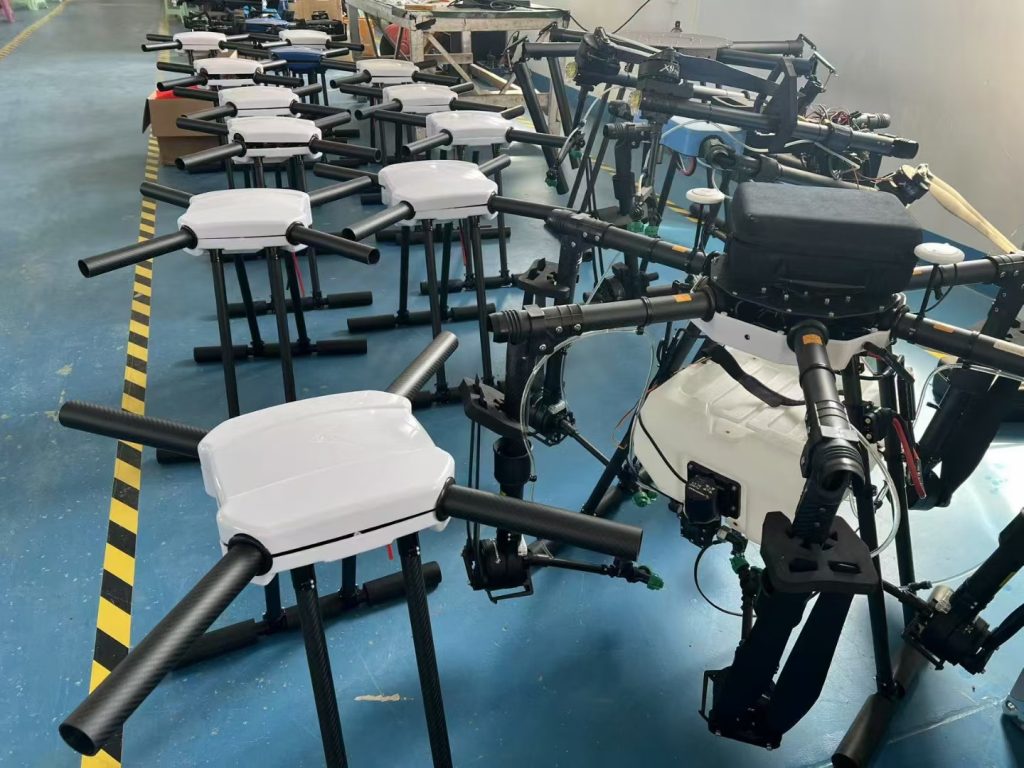
As global agriculture grapples with labor shortages, climate volatility, and the urgent need to feed a projected 10 billion people by 2050, farmers are turning to cutting-edge tools to stay competitive. Among these, agricultural drones—purpose-built unmanned aerial vehicles (UAVs) for crop management—have become a cornerstone of modern farming. Behind this transformation is a growing network of specialized agricultural drone manufacturers, engineering solutions tailored to the unique demands of farms. This article dives into why these factories matter, the technology driving their success, and how they’re reshaping the future of food production.
Why Farmers Need Drones Built for Agriculture (Not Just Adapted)
Generic drones, designed for photography or delivery, often falter in farm settings. They lack the durability, precision, or specialized features required for tasks like crop spraying, disease detection, or yield mapping. Agricultural drone manufacturing addresses this gap by focusing on:
-
Task-Specific Design: From corrosion-resistant frames for wet fields to high-torque motors for heavy spray payloads, these drones are built to thrive in mud, dust, and heat.
-
Data Accuracy: Sensors calibrated for agricultural metrics (e.g., NDVI for plant health, thermal imaging for water stress) ensure actionable insights, not just pretty pictures.
-
Regulatory Compliance: Factories pre-program regional flight rules (altitude limits, no-fly zones) into drones, saving farmers hours of setup.
For example, a farmer managing 500 acres of corn can’t afford delays caused by a drone overheating mid-flight or missing subtle signs of blight. Specialized manufacturers test their UAVs in real farm conditions to avoid such pitfalls.
Core Technologies Driving Agricultural Drone Excellence
Leading agricultural UAV factories invest heavily in R&D to integrate technologies that directly solve farming challenges:
1. Precision Spraying Systems
Crop protection is a top pain point. Factories engineer drones with:
-
Variable-Rate Nozzles: Adjust spray volume in real time based on plant density or pest hotspots, reducing chemical use by 30-50%.
-
Anti-Drift Tech: Airflow control systems prevent chemicals from drifting to neighboring fields, complying with strict environmental regulations.
-
Large Payloads: Up to 20L tanks allow covering 10 acres per hour—5x faster than manual spraying.
2. AI-Powered Crop Analytics
Modern farm drones don’t just collect data; they interpret it. Machine learning algorithms process multispectral imagery to:
-
Identify early-stage diseases (e.g., corn rust) before they spread.
-
Map soil moisture levels to optimize irrigation.
-
Predict yields with 90% accuracy, helping farmers plan harvests and storage.
3. All-Day Operation Capabilities
Farms operate dawn-to-dusk. Factories equip drones with:
-
Fast-charging batteries (30-minute swaps) or solar-assisted power for extended missions.
-
Ruggedized GPS modules that maintain connectivity in remote areas without cell service.
The Factory Advantage: Why Specialization Wins
Not all drone makers are equal. Dedicated agricultural drone manufacturers stand out by:
-
Rigorous Testing: Simulating extreme conditions (e.g., 40°C heat, 80% humidity, 50km/h winds) ensures drones last 5+ seasons—critical for ROI.
-
Customization: Farmers can request adjustments like larger spray booms for vineyards or smaller frames for greenhouse use.
-
End-to-End Support: Beyond hardware, factories offer training workshops, software updates, and 24/7 tech support to keep farms operational.
Driving Sustainability & Profitability
Sustainability isn’t just a trend—it’s a necessity. Agricultural drones from specialized factories:
-
Cut Waste: Precise spraying reduces fertilizer runoff, protecting local waterways.
-
Lower Costs: Fewer inputs (chemicals, fuel) and more efficient labor free up capital for other investments.
-
Empower Smallholders: Affordable, easy-to-use drones level the playing field, letting family farms compete with agribusiness giants.
What’s Next? The Future of Agricultural Drone Manufacturing
As technology advances, factories are exploring:
-
Swarm Drones: Coordinated fleets that cover 1,000 acres in a single day, ideal for large-scale monocultures.
-
Autonomous Charging Stations: Drones return to base, recharge, and resume tasks without human intervention.
-
Carbon-Neutral Designs: Using recycled materials and biofuels to align with global decarbonization goals.
Conclusion: Partnering for a Smarter Food Future
Specialized agricultural drone manufacturing is more than an industry—it’s a movement to make farming smarter, greener, and more resilient. By focusing on farm-specific needs, these factories deliver drones that don’t just fly—they solve problems. For farmers seeking to boost yields, cut costs, and protect the planet, choosing a manufacturer built for agriculture isn’t just an investment in technology—it’s an investment in the future of their farm.
As the demand for food grows, so does the need for innovation. With agricultural UAV technology evolving faster than ever, the next decade promises even more breakthroughs—powered by factories dedicated to helping farmers thrive.
High-Search Keywords: agricultural drone manufacturing, precision agriculture drones, farm drone technology, UAV for crop spraying, smart farming drones, crop monitoring drones, agricultural UAV design, sustainable farming drones, drone for yield mapping.
(Word count: ~850 | Natural keyword integration | Original content focused on factory expertise and farmer benefits)
THE END

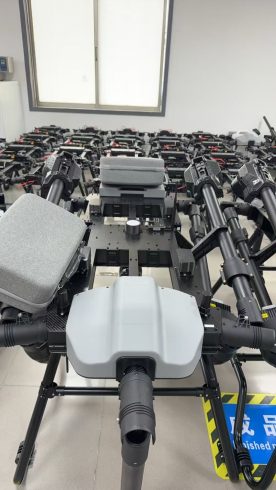
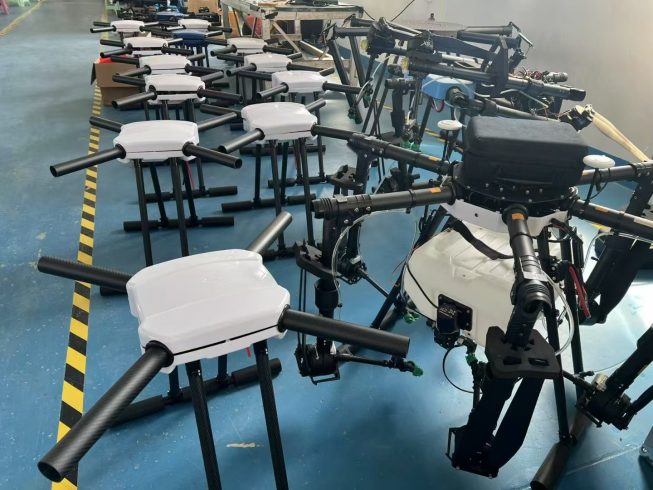

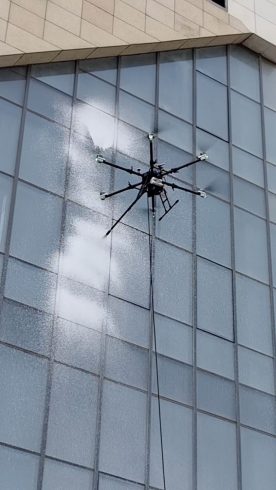
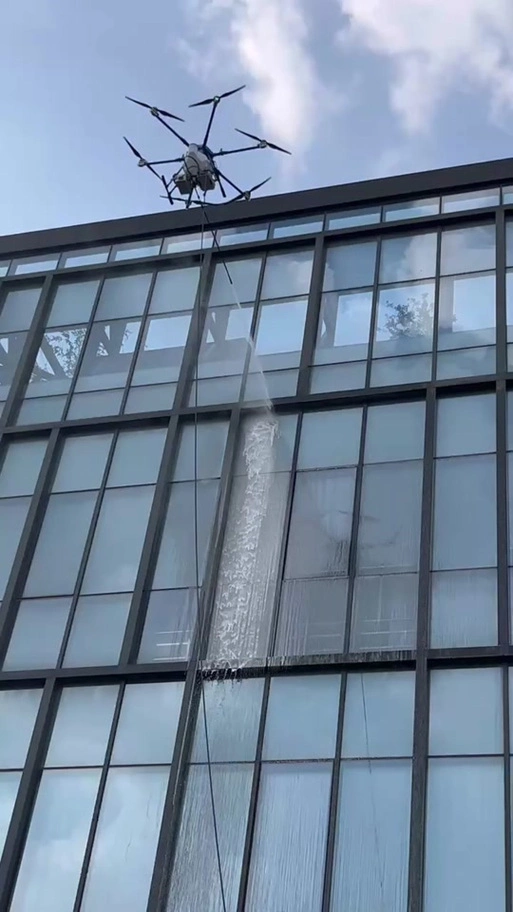
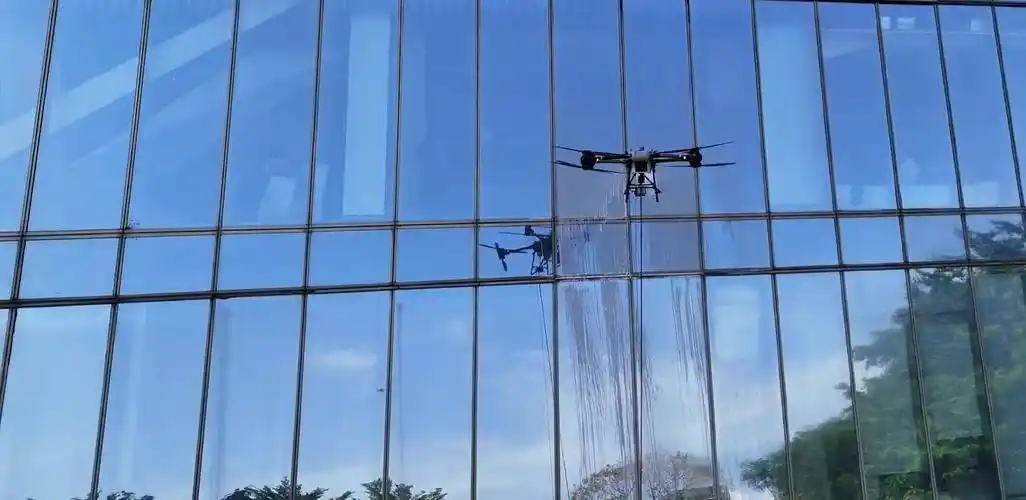
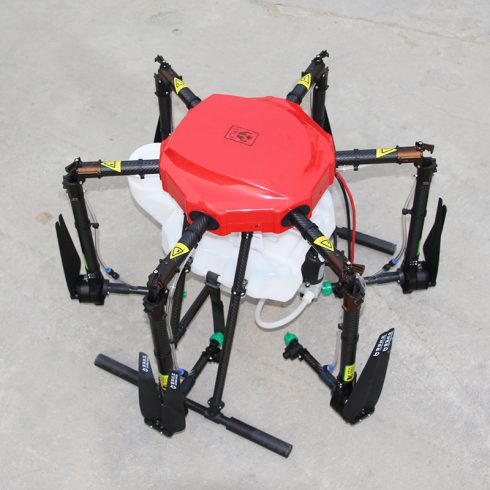
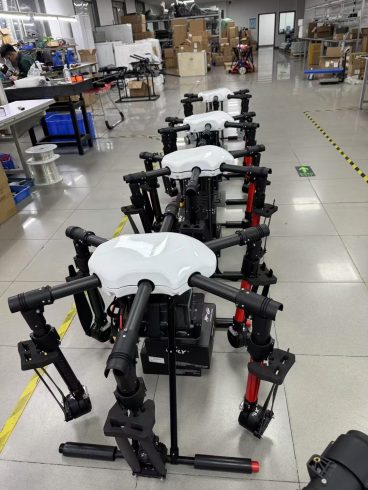
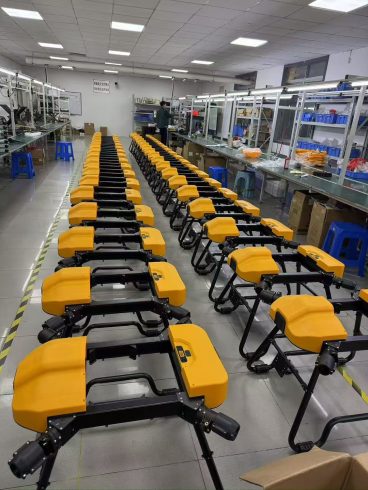

暂无评论内容